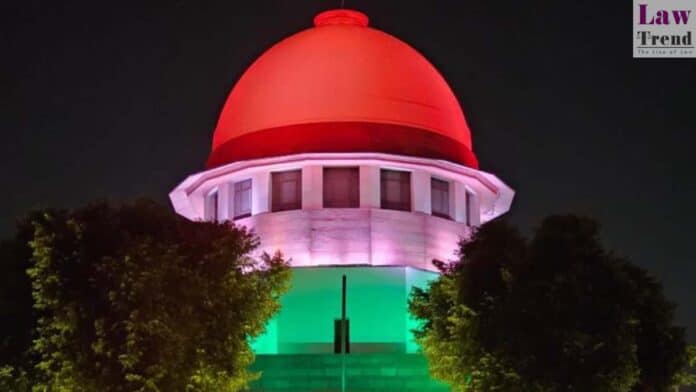In a recent development, the Supreme Court of India has granted the Election Commission an additional three weeks to respond to the petitions filed by Congress General Secretary Jairam Ramesh and others, challenging amendments to the 1961 Conduct of Election Rules. The bench, led by Chief Justice Sanjiv Khanna and Justice Sanjay Kumar, has scheduled the hearing for the week of July 21.
The petition, initially brought before the court on January 15, questions recent changes to election rules that restrict public access to certain electoral records, including CCTV footage, alleging these amendments could undermine the transparency of the electoral process. Senior advocates Kapil Sibal and Abhishek Singhvi, representing Ramesh, argued that the amendments cleverly prevent scrutiny of these recordings, purportedly to protect voter identities, a claim the petitioners contest.
Maninder Singh, representing the Election Commission, requested the extension to prepare a comprehensive response to the multiple Public Interest Litigations (PILs) challenging the amendments, including those by Shyam Lal Pal and activist Anjali Bhardwaj. Bhardwaj’s PIL, filed through lawyer Prashant Bhushan, argues that the amendment violates Articles 14, 19, and 21 of the Constitution by limiting access to vital election-related documents previously available for public inspection.
The government’s amendment, recommended by the Election Commission and enacted by the union law ministry in December, specifically altered Rule 93(2)(a) of the 1961 rules. This revision restricts the types of “papers” or documents open for public inspection, thereby narrowing the scope of transparency and possibly facilitating corrupt practices by limiting public scrutiny.
The petitioners claim that this amendment not only infringes on the fundamental right to information as provided by Article 19(1)(a) but also undermines the right to a free and fair election under Article 21. By imposing arbitrary constraints on the access to election documents, the amendment stands contrary to the spirit of the Right to Information Act, which aims to foster governmental accountability and transparency.




